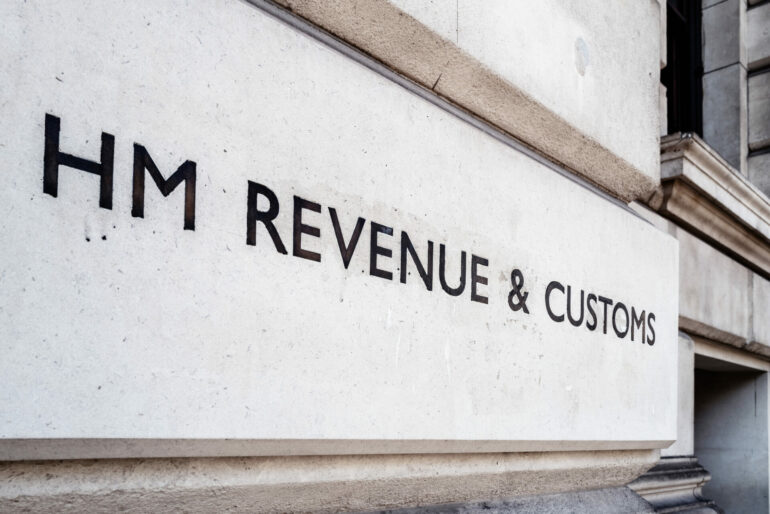Inheritance tax receipts reached £8.2bn in 2024/25, setting a new record for the fourth consecutive year, according to new HMRC figures published this morning.
The latest total represents a £750m (10%) increase on the £7.5bn collected in the previous tax year.
Stephen Lowe, director at retirement specialist Just Group, said: “It’s now four years on the trot that Inheritance Tax has delivered record-breaking annual tax takes for the Treasury, on the back of a combination of frozen thresholds and rising property prices. As the saying goes – death and taxes are the two certainties in this world.”
“This winning streak for the Treasury looks likely to continue for some time to come, with the changes announced at the Autumn Budget set to bring in even greater amounts over the rest of this decade and beyond,” he added.
The Government has frozen the nil-rate band at £325,000 and the residence nil-rate band at £175,000 until at least 2028, drawing more estates into the tax net as asset values increase. The situation is expected to intensify further from April 2027, when unspent defined contribution pension pots will become part of the taxable estate for IHT purposes. Meanwhile, upcoming reductions in agricultural and business reliefs will further expand the tax take.
Ian Dyall, head of estate planning at Evelyn Partners, said: “The inheritance tax take for the Treasury has notched up another record financial year. That’s a trend that is unlikely to change as long as nil-rate bands remain frozen, which is currently until at least 2030.”
“Even with market turbulence like we have seen recently, long-term increases in asset values tend to draw more estates across the IHT thresholds, and the inclusion of unspent pension funds in IHT liabilities from April 2027 – along with the dilution of agricultural and business reliefs next year – will give that trend a big leg up,” Dyall said.
He also warned that if the Government faces fiscal pressure, inheritance tax could come under further review: “Extended financial market turmoil and a possible recession could hit tax revenues and borrowing costs for the Government, in which case Treasury minds will wander towards further areas that can be tapped to shore up the public finances. So the Chancellor might not be done with IHT reform quite yet.”
For those who have already paid an inheritance tax bill on a higher valuation, recent market conditions may open the door to a rebate. “The recent financial market turbulence will, however, have hit the value of some estates in the short term, especially those that are heavily invested in the stock market. One silver lining of this for some families could be an IHT rebate,” Dyall said.
“If their estate was valued on death, say, six months ago and the IHT bill settled on the basis of that, then by the time probate is granted and assets have been liquidated, it could be that the total value of the estate has dropped. Executors should check the estate’s value at the point it is distributed to beneficiaries and compare this to the estimate given to HMRC when the IHT liability was calculated. It could be that the estate is due some money back from HMRC.”



